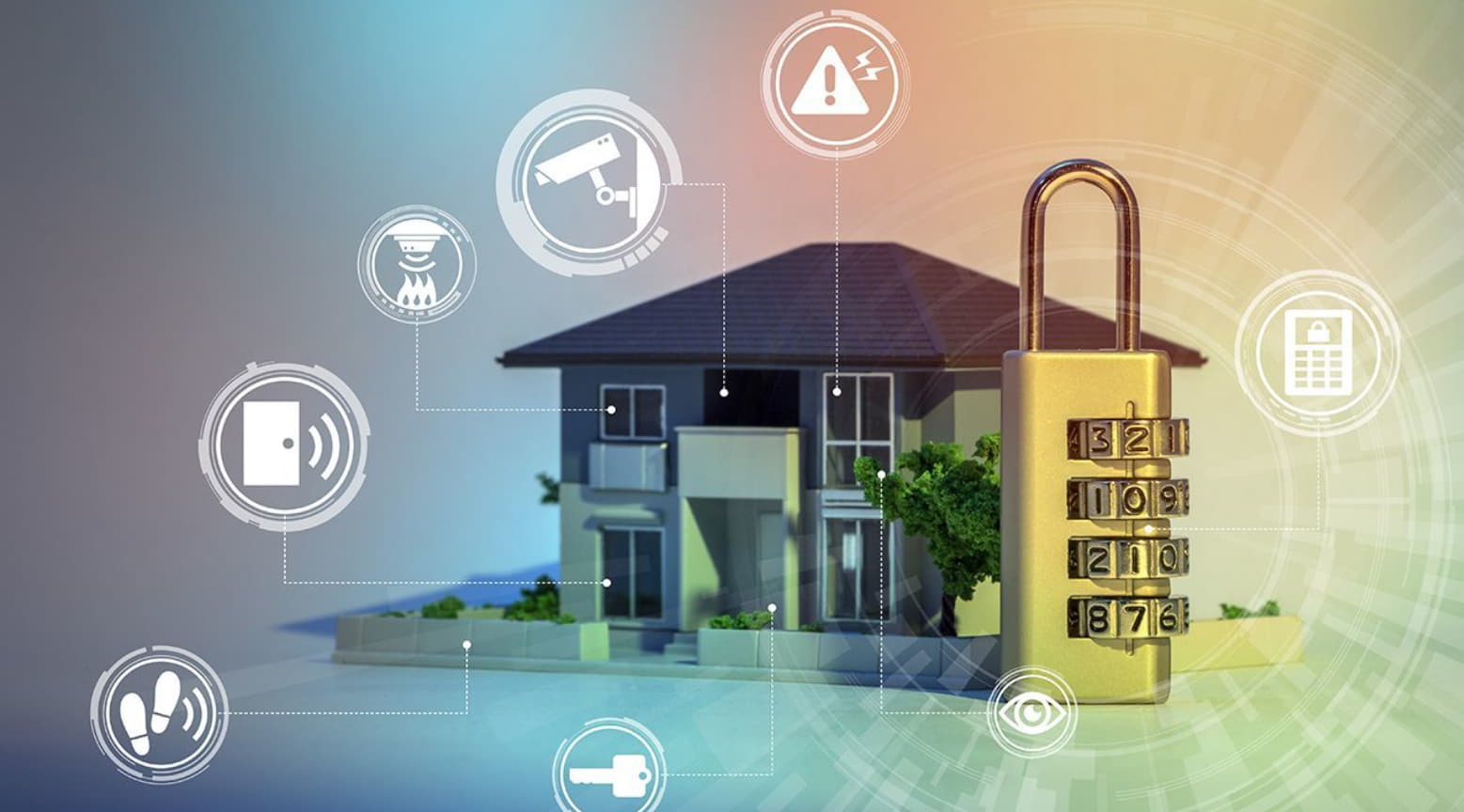As far as tailored education to students with unique learning needs is concerned, special education schools play a crucial role. These institutions are designed to support children with disabilities and help them reach their full potential. While the responsibility of educating primarily lies with the schools, parental involvement plays a vital role in this journey.
So, it’s worth exploring why parental or guardian involvement is essential in special ed schools and how it benefits students.
Building Trust and Communication
Parental involvement fosters trust and effective communication between parents or guardians and special education professionals. By actively participating in their child’s education, parents can establish strong relationships with teachers and administrators. Thus, parents gain a deeper understanding of their child’s progress, challenges, and educational strategies.
Supporting Student Learning
Parental involvement is instrumental in supporting student learning in special ed schools. When parents/guardians actively engage with teachers, they can reinforce classroom teachings and develop essential skills and strategies at home.
Through a seamless connection between school and home environments, students receive consistent guidance and practice, enhancing their overall learning experience.
Enhancing Social and Emotional Development
Parental involvement also plays a significant role in enhancing the social and emotional development of students in special ed schools. Parents can support the development of social skills and emotional regulation outside of the classroom.
This providing valuable opportunities for their children to practice these skills in real-life situations. By working together with the school, parents can reinforce positive behaviors and help their child navigate social challenges.
Advocating for Students
Parents or guardians can work closely with school administrators and teachers to ensure that their child’s needs are being met. Parents can actively participate in Individualized Education Program, or IEP meetings. By sharing valuable insights about their child’s education progress, parents can contribute to decision-making processes and advocate for accommodations and support.
Addressing Concerns
It is crucial to address these concerns through effective communication and collaboration. Special education institutes can provide clear guidelines and expectations for parental involvement.
This ensures a healthy balance that respects both the school’s expertise and the parents’ insights. Drawing inspiration from successful parental involvement programs implemented in other countries can offer valuable insights and strategies.
Conclusion
Parental involvement is vital for the success of students in special education schools. It is through collaboration between parents and schools that students with unique learning needs can reach their full potential. Together, everyone can create an environment that nurtures and empowers students, ensuring a bright and inclusive future for all.

 Home
Home







